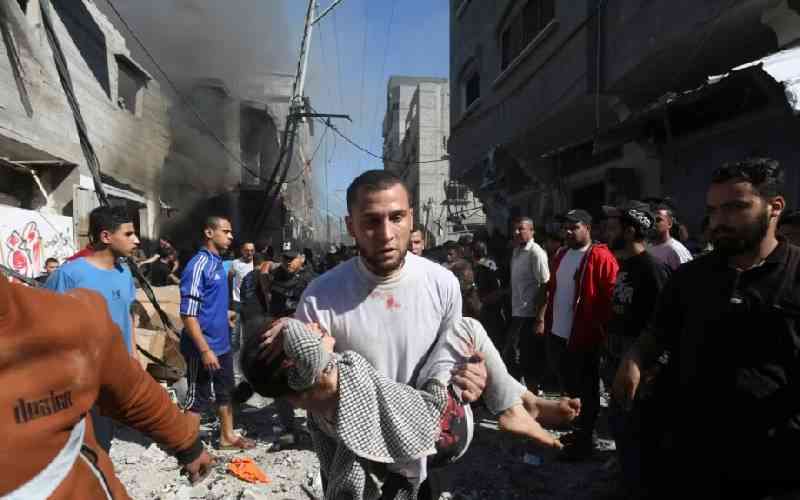×
The Standard e-Paper
Kenya’s Boldest Voice

The Palestinian telecommunications company Paltel said it has partially restored phone and internet services in Gaza after fuel shipments were delivered to the region.
A first shipment of around 17,000 liters of fuel passed through the Rafah crossing from Egypt late Friday, a Palestinian border official told Agence-France Press.